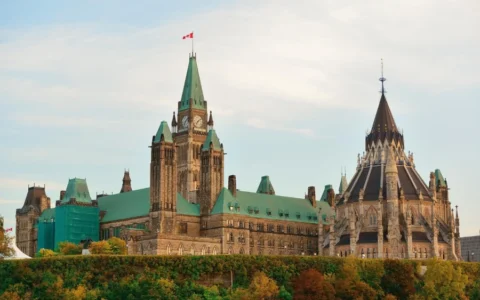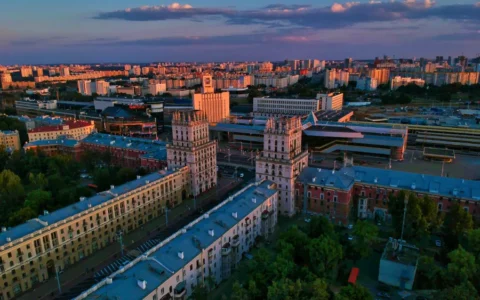Author: Kevin Du, Marketing Director at Realord Hartman Group
Investment immigration, as a special immigration method, not only involves complex financial investments but is also closely related to the immigration policies and regulations of various countries. The latest trends in the investment immigration industry and updates in regulatory policies are undoubtedly of great interest.
Firstly, in terms of regulation, the strengthening of compliance is undoubtedly an important trend in the current investment immigration industry. Governments around the world have taken various measures to strengthen regulation, such as extending processing times and enhancing background check requirements, to ensure the compliance and stability of investment immigration projects. Taking Grenada as an example, in a situation where requirements among countries are relatively consistent, the country’s investment immigration policy stands out prominently. The government places high importance on compliance requirements, rigorously reviews the qualifications and sources of funds of investors to ensure the legality and security of projects. This approach has also gained wide recognition and trust in the market.
For products with lower compliance requirements, the market’s perception and attitude towards them are more complex. Taking citizenship products represented by Vanuatu as an example, which are gradually losing visa-free access to the European Union, the UK, Ireland, and others, this industry is undergoing significant changes: firstly, the path of obtaining citizenship quickly and at low cost is almost completely disappearing; secondly, investors are becoming more aware of compliance and risk awareness in identity planning; and in order for the EU to maintain its visa-free status, investment immigration countries in the Caribbean region are gradually increasing application requirements and standardizing the review process. Therefore, when choosing investment immigration projects, investors need to consider the compliance, risk, and personal needs of the project comprehensively and make wise decisions.
At the same time, the new investment immigration policy introduced by the Hong Kong government may become a dark horse in the investment immigration market this year. This policy adjusts the investment threshold, investment fields, and other aspects to attract more outstanding talents with innovation capabilities and international perspectives. Hong Kong, as an international financial center and immigration hotspot, the introduction of its new products will undoubtedly have a significant impact on the global investment immigration market. However, its exclusion of Chinese mainland citizens from eligibility for citizenship application, will this measure help drive applications for third-country citizenship?
The investment immigration industry is constantly evolving, which requires investors to maintain keen insight and professional knowledge reserves to adapt to the rapid changes in this industry and make the most favorable choices.






